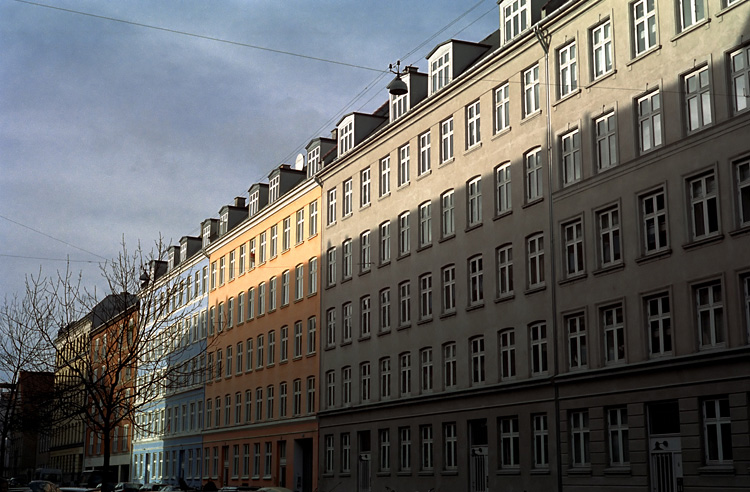There are people who complain, and people who get to work. Never has it been easier to not only photograph, but also to travel to wherever you want, to print, to communicate and find subjects, to exhibit. Never was it so easy to share images to a group as large as possible, both in general and within a niche subject/scene. Pictures have never been more important than now, it's their abundance that scares people. Not their supposed lack of quality. I am sure that there are both more amateur as well as pro photographers in the world than ever before.
But to get back on topic...
Pictures of old things inspire because they strengthen the concept of what once was (but no longer). I am sure many have read Barthes' Camera Lucida. He more or less says photography is about death, a moment that once was but will never return. And the photographs that will touch you most personally are the ones from the lost past. Your old neighbourhood, old fashion, old trains. Those moments are death, like your deceased family members.
Now a photo of your deceased grandfather likely won't appeal so much to others, but deceased buildings, streets, signs, jackets and deceased photographic media like BW film all kicks us in the nostalgia balls. In many cafes I see old coca cola adds now for decorations. In the future too, shall many current things evoke nostalgia and touch us.
I think the images that will stand the tests of time most are the ones shot in the current modern environment. All others are either artistic visual expressions (abstract works) that can stand the tests of time like paintings anyway, or they are wannabe records of a different era, escapes from reality, victims of a nostalgia fallacy. In a way, instagram is a more relevant medium right now than film. It is a stamp from our times. Our Kodak (or maybe polaroid is a better comparison).
Ads and signs, plastics and electronics (including photoshop) are part of our world, not some evil (someone rightfully joked "alien") separation. I choose to include them in my photographs, here are some examples. They might not be good photographs, but I believe the modern "ugly" elements actually make them less bad
🙂
 R1146375
R1146375 by
Rudy Shots, on Flickr
 _DSF7672
_DSF7672 by
Rudy Shots, on Flickr
 DSCF0473
DSCF0473 by
Rudy Shots, on Flickr
 DSCF1242
DSCF1242 by
Rudy Shots, on Flickr





